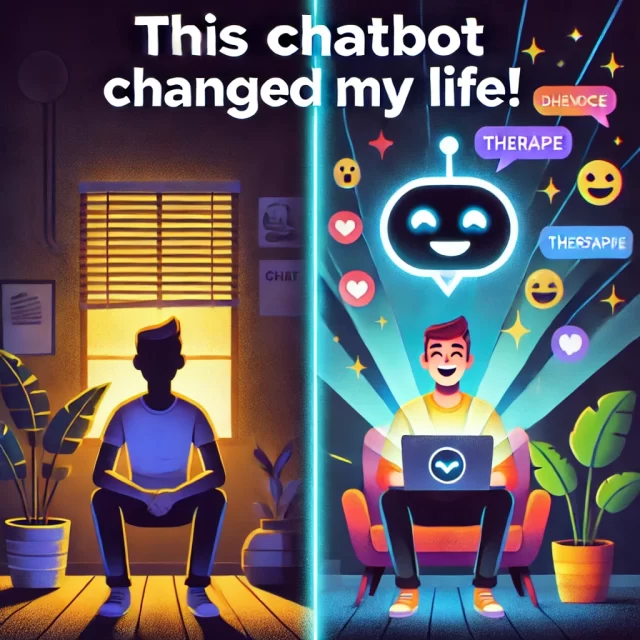In recent years, artificial intelligence has made significant strides, particularly in the realm of mental health support.
Among these advancements is ChatGPT, an AI language model developed by OpenAI, which has been utilized by individuals seeking therapeutic assistance.
This article delves into personal experiences with ChatGPT in a therapeutic context, highlighting its benefits, limitations, and ethical considerations.
Discovering ChatGPT for Emotional Support
Facing challenges in accessing traditional therapy due to scheduling conflicts and financial constraints, I turned to ChatGPT as an alternative means of support.
The AI’s 24/7 availability provided immediate assistance during moments of distress, offering a non-judgmental space to express my thoughts and emotions. This accessibility was particularly beneficial during late-night hours when professional help was unavailable.
Engaging in Conversations with ChatGPT
Interacting with ChatGPT felt akin to journaling with feedback. I could articulate my concerns and receive thoughtful, reflective responses that encouraged deeper introspection.
For instance, when I shared feelings of anxiety, ChatGPT responded with empathetic language and suggested coping strategies, such as mindfulness exercises and cognitive reframing techniques. This interaction provided a sense of validation and immediate relief.
Benefits Experienced
Anonymity and Reduced Stigma: Communicating with an AI eliminated the fear of judgment, allowing me to be more open about sensitive issues. This anonymity helped in discussing topics I might have hesitated to share with a human therapist.
Immediate Availability: The constant accessibility of ChatGPT meant I could seek support at any time, which was invaluable during unexpected emotional lows.
Cost-Effectiveness: Utilizing ChatGPT was a free resource, making it an affordable supplement to traditional therapy sessions.
Limitations Encountered
Lack of Human Empathy: While ChatGPT provided supportive responses, it lacked the genuine empathy and emotional understanding that come from human interactions. The absence of a therapeutic alliance was noticeable over time.
Potential for Generic Responses: At times, the advice offered felt generic and lacked the personalization that a human therapist could provide, limiting the depth of the therapeutic experience.
Data Privacy Concerns: Sharing personal information with an AI raised questions about data security and confidentiality, prompting caution in the depth of information disclosed.
Ethical Considerations
It’s crucial to recognize that while ChatGPT can offer immediate support, it is not a substitute for professional mental health care. Individuals with severe mental health issues should seek assistance from qualified professionals.
Additionally, users should be informed about the data usage policies of AI platforms to ensure their privacy is protected.
Conclusion
My experience with ChatGPT as a therapeutic tool was a blend of advantages and challenges. It served as a valuable supplementary resource, providing immediate support and a platform for reflection.
However, it also highlighted the irreplaceable value of human empathy and personalized care in therapy. As AI continues to evolve, it holds promise in enhancing access to mental health support, but it should complement, not replace, professional therapeutic services.






